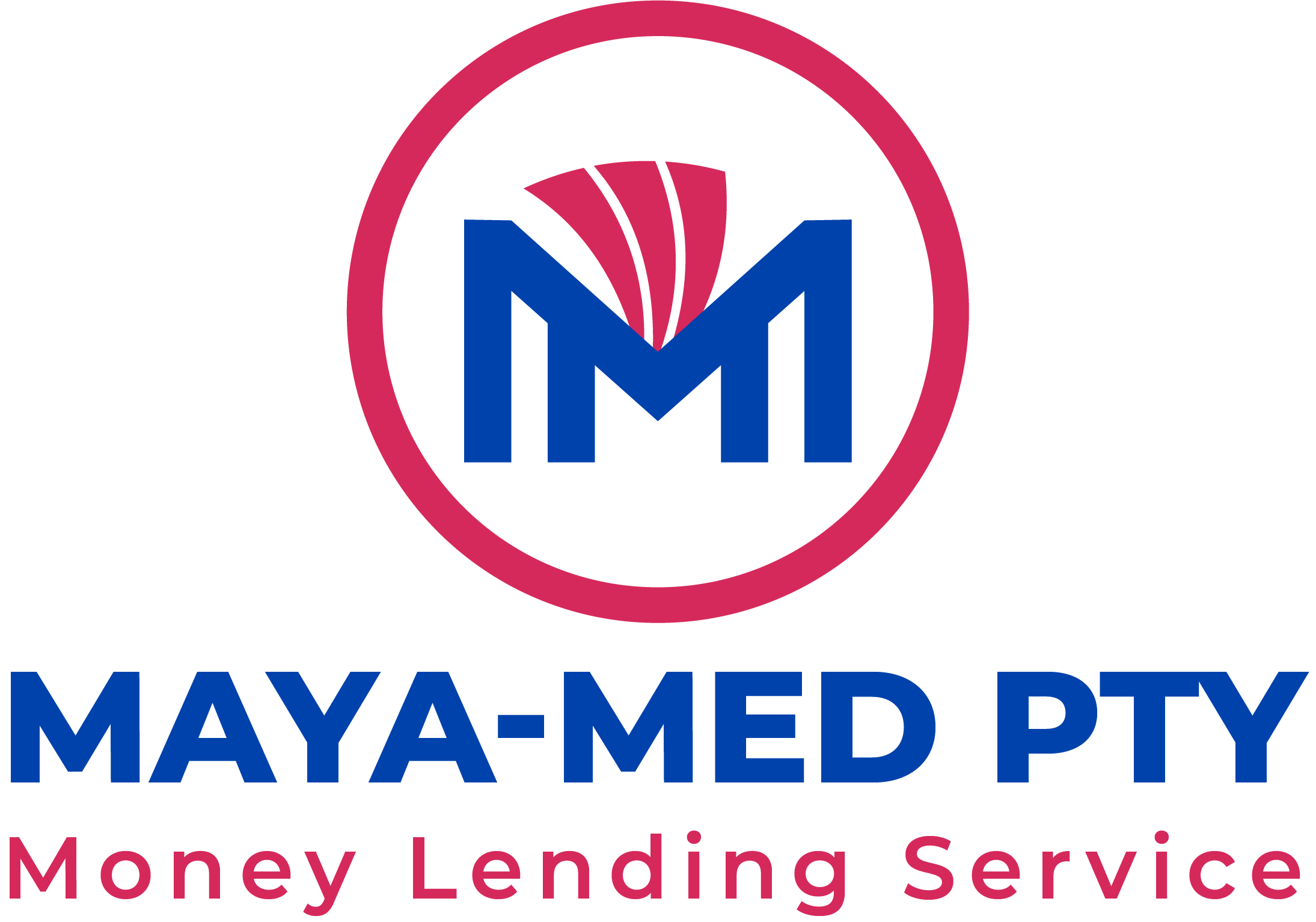Download
+27 63 209 481
abednigobles@gmail.com
We are here to help our customer any time. You can call on 24/7 To Answer Your Question.

Education Loan
Education loans are a common means for students to finance their higher education expenses. These loans are typically offered by financial institutions, banks, and sometimes government-backed agencies. Here’s a breakdown of how education loans generally work:
- Application Process: Students apply for education loans by submitting the necessary documents, including proof of admission to an educational institution, academic records, and details of the course they intend to pursue.
- Eligibility: Eligibility criteria for education loans vary from one lender to another and often depend on factors such as the applicant's academic record, the institution they plan to attend, and the course they wish to pursue. Sometimes a co-signer, usually a parent or guardian, with a good credit history may be required.
- Loan Amount: The loan amount typically covers tuition fees, living expenses, books, and other related costs. However, there is usually a maximum limit to the loan amount that can be borrowed.
- Interest Rates: Education loans can have fixed or variable interest rates. Fixed rates remain constant throughout the loan term, while variable rates may change based on market conditions. Interest rates can significantly affect the total amount repaid over the life of the loan.
- Repayment: Repayment typically begins after the completion of the course or a grace period thereafter. The repayment period can vary, but it's usually several years. Some lenders offer flexible repayment plans, including income-based repayment options.
- Collateral: Depending on the lender and the loan amount, collateral may be required to secure the loan. Collateral could be in the form of assets such as property, investments, or a third-party guarantor.
- Subsidized vs. Unsubsidized Loans: In some cases, students may qualify for subsidized loans where the government pays the interest while the student is in school. Unsubsidized loans accrue interest from the time they are disbursed.
- Financial Aid and Scholarships: Before considering an education loan, students should explore other options such as scholarships, grants, and work-study programs. These forms of financial aid can help reduce the need for borrowing.
- Impact on Credit Score: Repaying education loans on time can positively impact a borrower's credit score, while defaulting on payments can have serious consequences.
- Loan Forgiveness and Discharge: In certain situations, such as working in public service or becoming permanently disabled, borrowers may be eligible for loan forgiveness or discharge.
It’s essential for students and their families to thoroughly research and understand the terms and conditions of any education loan before committing to it. Consulting with financial advisors or student loan counselors can also provide valuable guidance in navigating the process.
Education Loan FAQs
-
What is an education loan?
An education loan is a type of financial aid designed to help students cover the cost of their education, including tuition fees, books, living expenses, and other related expenses.
-
Who is eligible to apply for an education loan?
Eligibility criteria vary depending on the lender and may include factors such as academic performance, admission to an accredited institution, course of study, and sometimes the credit history of the borrower or a co-signer.
-
What expenses can an education loan cover?
Education loans can typically cover tuition fees, books, supplies, room and board, transportation, and other educational expenses deemed necessary by the lender.
-
What is the difference between a subsidized and unsubsidized loan?
Subsidized loans are need-based loans where the government pays the interest while the borrower is in school, during the grace period, and during deferment periods. Unsubsidized loans accrue interest from the time they are disbursed.
-
When do I need to start repaying my education loan?
Repayment typically begins after the completion of the course or a grace period thereafter. The specific terms vary depending on the lender but generally start within a few months of graduation or leaving school.
-
What are the interest rates for education loans?
Interest rates can be fixed or variable and depend on factors such as the lender, the type of loan, and the borrower's creditworthiness. It's essential to understand how the interest rate will affect the total amount repaid over the life of the loan.
-
How can I apply for an education loan?
To apply for an education loan, you'll need to gather necessary documents, such as proof of enrollment, academic records, and financial information. Then, you can apply directly through the lender's website or visit a local branch to discuss your options with a loan officer.
